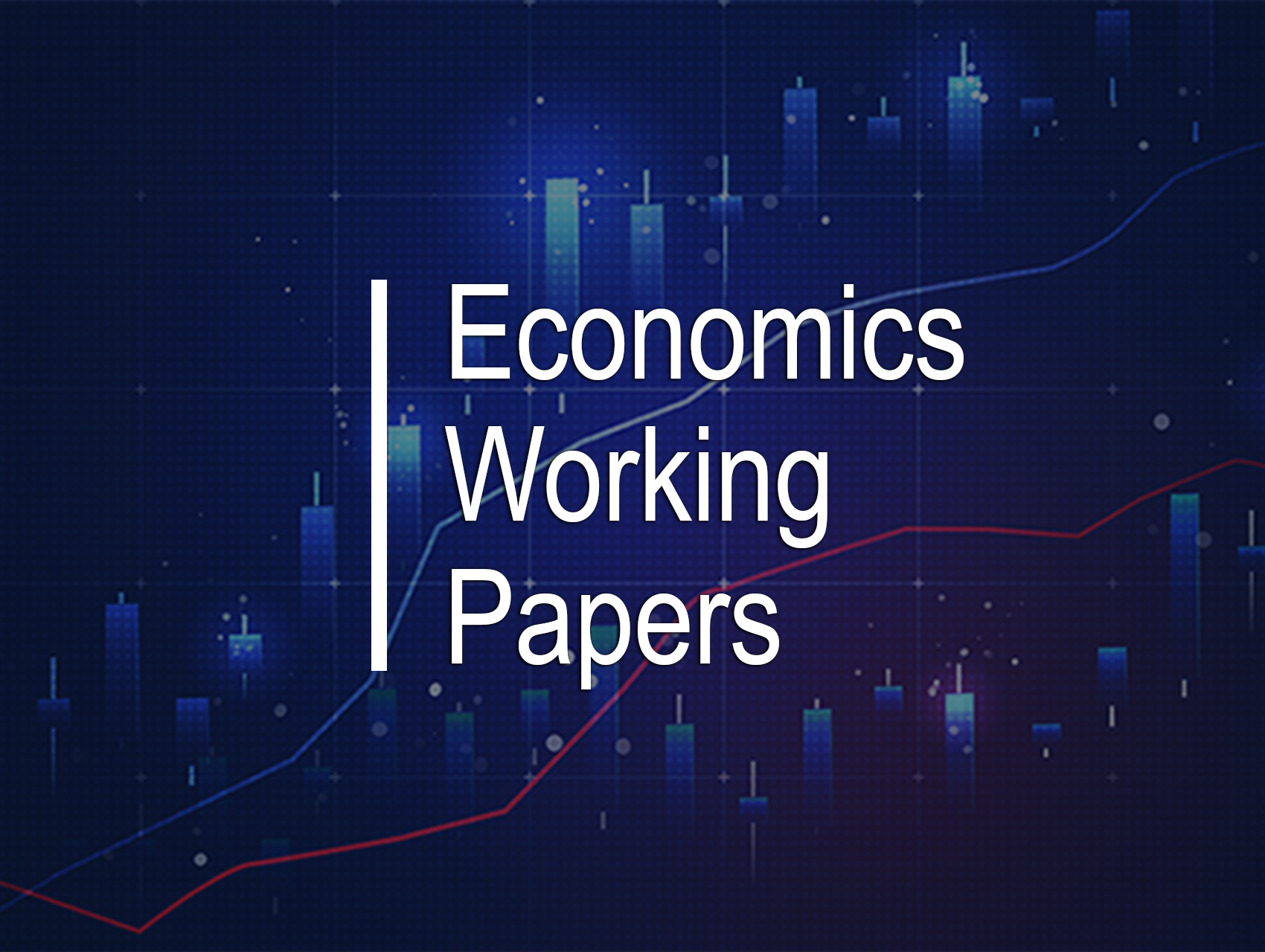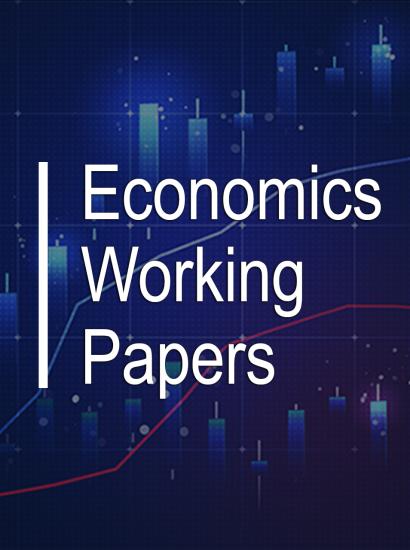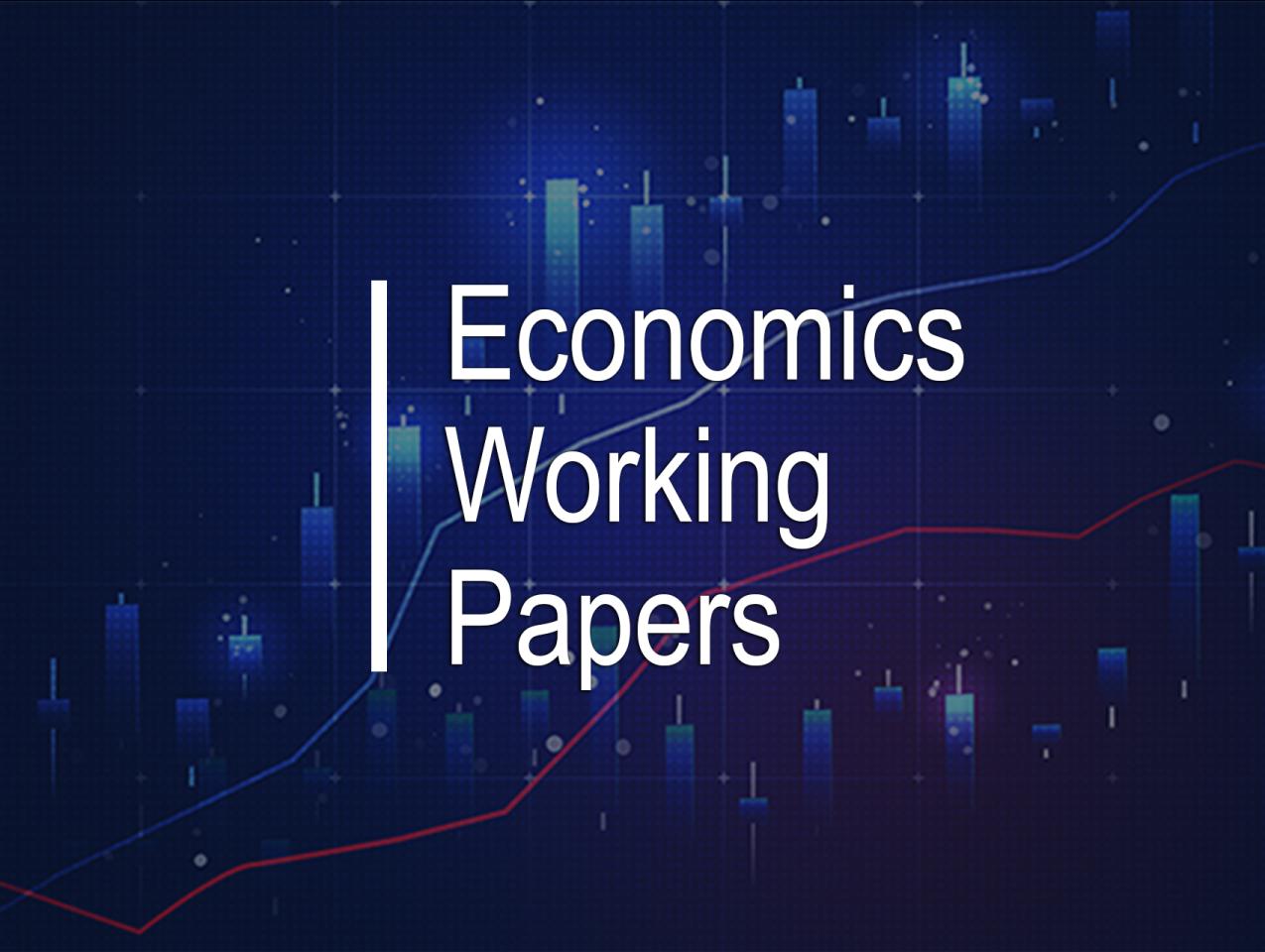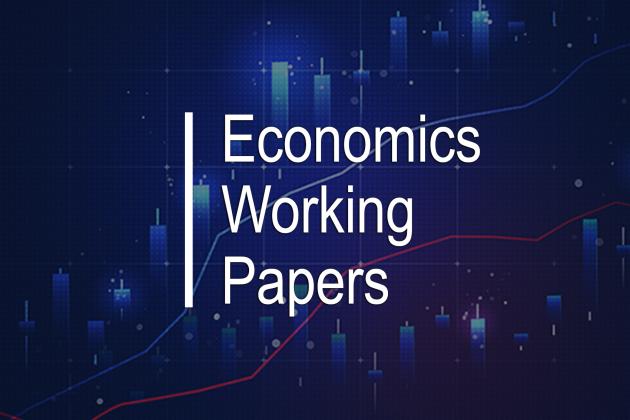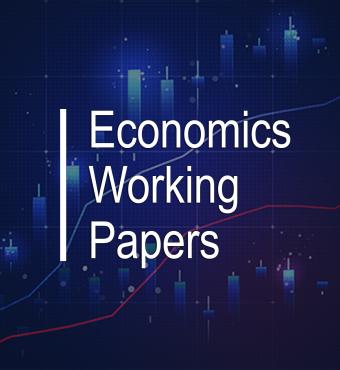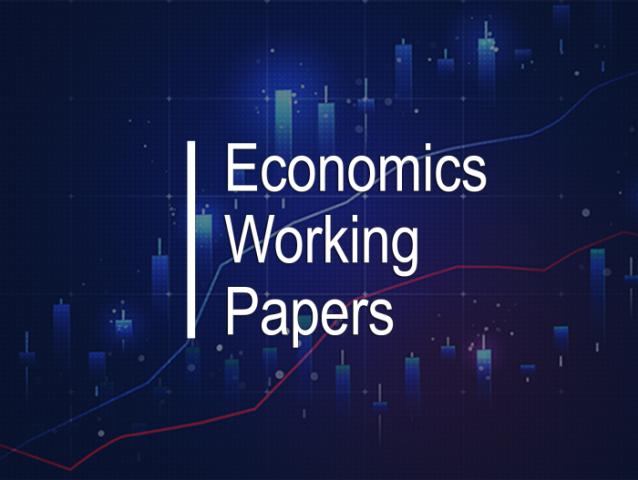Abstract: As America’s central bank, the Federal Reserve is unique among independent agencies in exercising powers that the Constitution granted to the legislative branch, namely, regulating the value of money and borrowing funds directly from the public. In delegating these powers, Congress designed the Fed to ensure that its monetary policy decisions would be insulated from political interference. Furthermore, Congress has a constitutional obligation to maintain effective oversight of the Fed’s exercise of these duties. Over the past fifteen years, however, the scope and complexity of monetary policy has outpaced Congress’s ability to monitor these policies through existing mechanisms of oversight. Consequently, this congressional “undersight” is undermining the delicate balance between the Fed’s independence and public accountability. For example, internal shifts in the Fed’s governance and power dynamics have led to the disappearance of dissents on monetary policy decisions, thereby hampering legislators’ ability to discern the range of views that have informed those decisions. Moreover, in conducting its latest round of securities purchases (“QE4”) during 2020-22, the Fed did not provide legislators with cost-benefit analysis or risk assessments at any stage of the program. Indeed, QE4 is now likely to cost taxpayers more than $1 trillion, but its efficacy has still not been scrutinized by any external reviews. To restore effective oversight of the Fed’s monetary policymaking, legislators may wish to consider potential approaches such as strengthened reporting requirements, secured access to sensitive information, and external reviews by congressional watchdogs.

-
About Hoover
About Hoover
Located on the campus of Stanford University and in Washington, DC, the Hoover Institution is the nation’s preeminent research center dedicated to generating policy ideas that promote economic prosperity, national security, and democratic governance.
Learn More -
Fellows
Fellows
Hoover scholars form the Institution’s core and create breakthrough ideas aligned with our mission and ideals. What sets Hoover apart from all other policy organizations is its status as a center of scholarly excellence, its locus as a forum of scholarly discussion of public policy, and its ability to bring the conclusions of this scholarship to a public audience.
View All Fellows -
Research
Research
Throughout our over one-hundred-year history, our work has directly led to policies that have produced greater freedom, democracy, and opportunity in the United States and the world.
Learn More -
Commentary
Commentary
Hoover scholars offer analysis of current policy challenges and provide solutions on how America can advance freedom, peace, and prosperity.
Learn More - Library & Archives
-
Support Hoover
Support Hoover
Learn more about joining the community of supporters and scholars working together to advance Hoover’s mission and values.
Learn More - Events
- Student Opportunities
-
MyHoover

-
MyHoover
What is MyHoover?
MyHoover delivers a personalized experience at Hoover.org. In a few easy steps, create an account and receive the most recent analysis from Hoover fellows tailored to your specific policy interests.
Watch this video for an overview of MyHoover.
Create AccountForgot Password
Login?
-
MyHoover

-
MyHoover
What is MyHoover?
MyHoover delivers a personalized experience at Hoover.org. In a few easy steps, create an account and receive the most recent analysis from Hoover fellows tailored to your specific policy interests.
Watch this video for an overview of MyHoover.
Create AccountHave questions? Contact us
Forgot Password
Login?
-
Support Hoover
Support Hoover
Learn more about joining the community of supporters and scholars working together to advance Hoover’s mission and values.
Learn More






